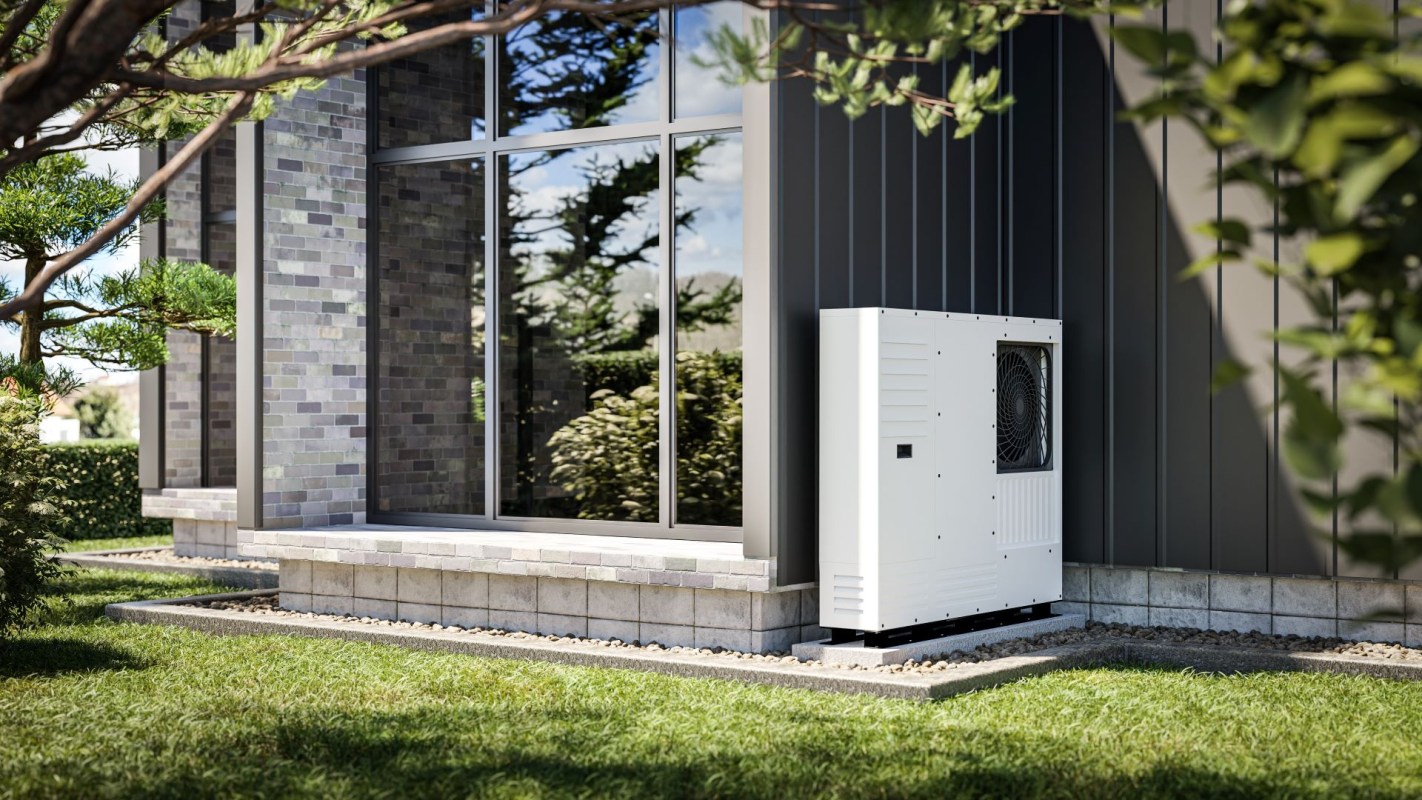In Maine, an association of dirty energy-based heating companies is campaigning against electric heat pumps — but residents are making the switch anyway, according to the Washington Post.
Heat pumps use a similar mechanism to a traditional air conditioner but in reverse, says Chris Woodford of Explain That Stuff.
"It extracts heat from the ground (or the air or water outside) and pumps it into a building. The only energy you need to make this happen is the power to drive the pump," Woodford wrote in a recent article.
This means a heat pump can be used to supplement — or even replace — traditional heating systems that rely on burning fuel to warm a home. And most are also designed to run both directions: they can heat and cool a home, depending on what's needed.
For companies selling heating oil, this is bad news. The more households that switch to heat pumps, the less money these big corporations will make — which is why some have invested in campaigns to slow the adoption of heat pumps.
For example, there's Maine's "Fuel Your Love" promotional campaign, which encourages viewers to browse a website with highly negative — and reportedly untrue — claims about heat pumps.
"Internal documents show that the National Oilheat Research Alliance, a trade association representing heating oil sellers, has funded campaigns fighting electrification that target New England homeowners and real estate agents," the Washington Post reported. "The Energy and Policy Institute, a pro-renewables group, obtained the documents through a public records request and shared them with The Washington Post."
Heat pumps do have some small drawbacks. As Woodford reports, they tend to not get as hot or work as quickly as fuel-based heating.
However, he also says: "All forms of heating have their pros and cons. Taken in the round, heat pumps are a very attractive long-term alternative."
Heat pumps' greatest advantage, according to Woodford, is efficiency. Because heat pumps move heat instead of creating it, they take much less energy to provide the same heating power.
TCD Picks » Quince Spotlight

The U.S. Department of Energy says that these devices use 30-60% less energy — saving money for homeowners and producing fewer of the heat-trapping gases that warm our planet.
And as many Maine residents say, those savings are immediately noticeable.
"I am using more electricity, there's no denying that," Maine resident Paul Nadeau told the Washington Post after recently installing a heat pump. "But it sure is a whole lot cheaper than burning oil."
Join our free newsletter for cool news and actionable info that makes it easy to help yourself while helping the planet.













